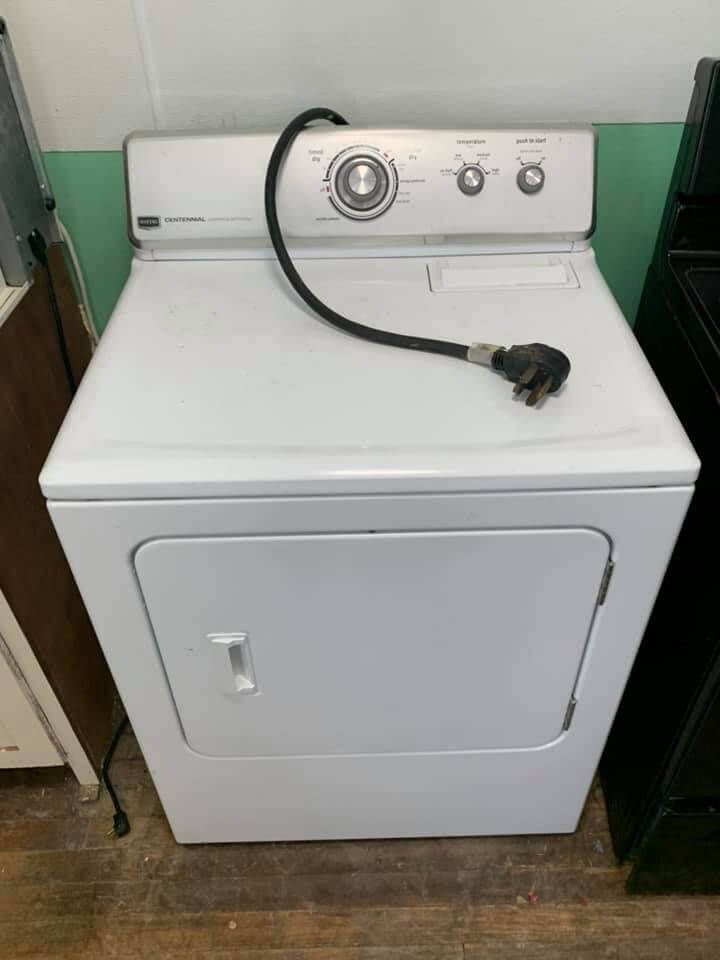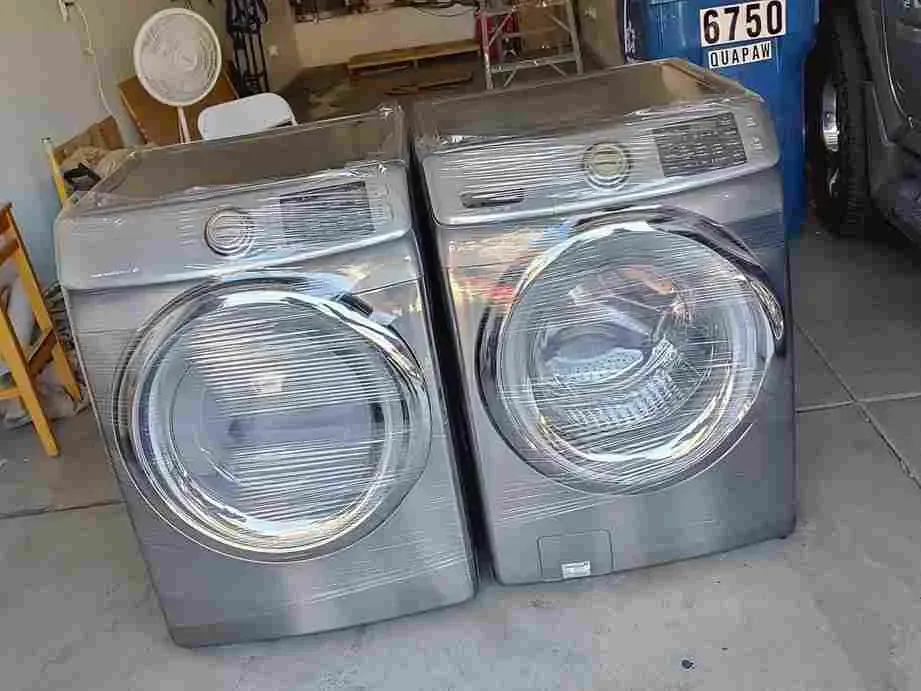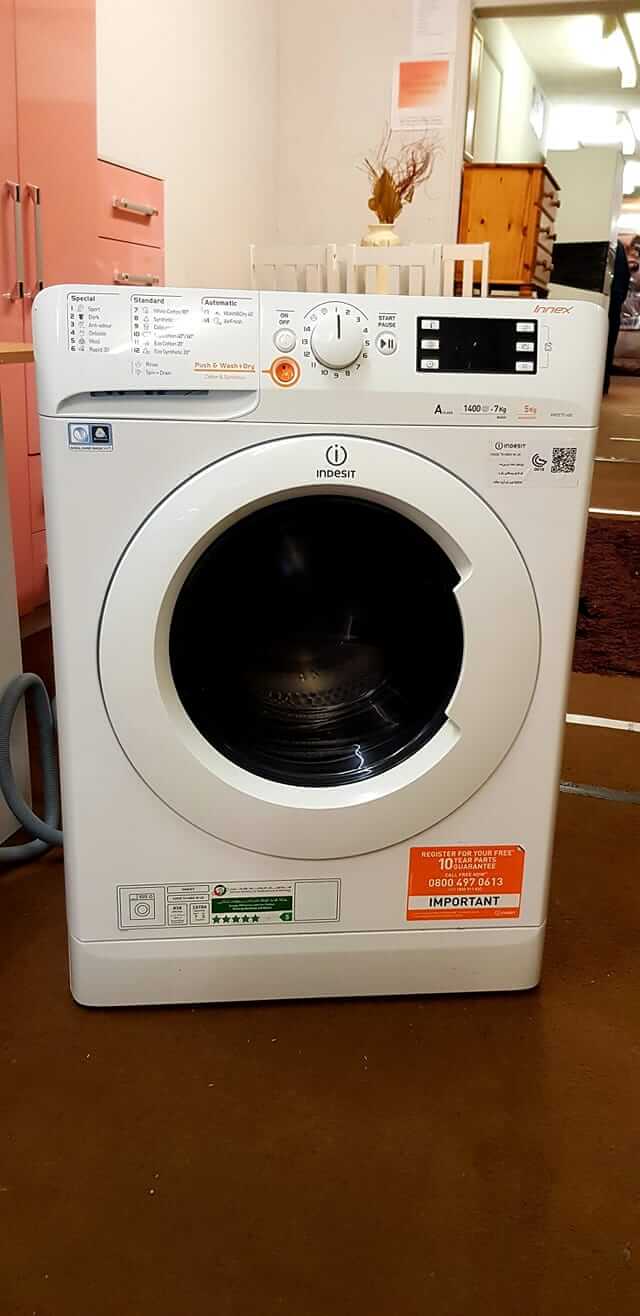Do Dryers Cause House Fires [You'll Be Surprised]
Dryers can be a fire hazard, potentially leading to charred or blackened surroundings if safety precautions are not taken with care. Dryers should not be placed in an area where they are exposed to flammable items or combustibles, such as a closet or near drapes or curtains. Ideally, dryers should be located outdoors where they are less likely to cause damage if a fire breaks out. Installing fireproof materials around your dryer can further minimize the risks, and using explosive-proof appliances will also enhance safety. As an added precaution, keeping a fire extinguisher on hand and knowing how to use it is essential.
A dryer can also cause other problems, like soot accumulation or emanating smoke, besides fires. The dryer lint trap should be cleaned after every load of clothes, and the dryer vent pipe should be clean and clear of lint buildup. This will help prevent fires caused by blocked ducts or insufficient airflow, reducing the chances of seeing flames or singed areas in your household. Make sure to regularly check the dryer door and remove any lint that might have accumulated on it.
Dryers should also be kept away from water sources so that any leaks within the appliance do not cause additional damage to your home. If you notice any unusual sounds coming from your dryer, it is best to contact a professional appliance repair service or the manufacturer immediately before any further damage occurs.

What Percentage Of House Fires Are Caused By Dryers
According to National Fire Protection Association, about 2,900 home clothes dryer fires are reported every year, causing around 5 deaths, 100 injuries, and $35 million in property damage. Failure to clean the dryer is the leading cause of dryer or washing machine fires in homes (34%). More clothes dryer-related fires occur in the fall and winter months, peaking in January.
How Do Dryers Actually Cause A Fire?
The NFPA report states that most dryer fires are caused by lint accumulation. Lint is made up of loose fibers from clothing and fabric softeners, which can ultimately become a dangerous fire source if not properly managed.
Over time, these fibers build up inside your dryer's exhaust ducts and lint traps. If you don't clean out your dryer's exhaust system regularly, it can cause a fire due to overheating or electrical malfunctions. Lint buildup can be caused by several factors:
Overloading your dryer with too much laundry at once: This can cause your machine to overheat, which could lead to a fire in the vent or around the drum or motor area.
Clothes that are too large or small for the dryer's capacity: If you put too many clothes into a dryer, it won't have enough room for airflow inside the drum and may cause overheating, which could lead to a fire.
Using too many fabric softener sheets at one time (more than two): The excess lint from fabric softener sheets can clog up vents, causing overheating and fire hazards.
Using the wrong type of fabric softener sheet (i.e., using liquid instead of powder): Liquid-based fabric softeners leave behind excess residue on clothes that can clog up vents and cause fires in your dryer's motor area.
How Common Are House Fires Caused By Dryers?
The most common causes of dryer fires are:
Failure to clean lint from the lint trap. This is one of the most common causes of dryer fires because lint from clothes builds up inside the dryer over time and can cause an electrical short when it comes into contact with the heating element.
Failing to replace worn out or damaged parts in your dryer before use. Worn-out drum rollers, door hinges, or other components will not keep your clothing tumbling smoothly through the cycle, which could lead to overheating and scorching that may start a fire. A clogged dryer duct can also contribute to these issues, as it can trap heat and cause excessive amounts of lint and dust to accumulate within the dryer and its surrounding walls.
Overloading or overloading the wrong type of laundry (e.g., putting wet clothing in with dry): This is the most common cause of dryer fire. Overloading can lead to overheating, which can lead to a fire if lint builds up around the heating element or motor area. Ensuring a proper amount of clothing is loaded and clear of any foreign substances will reduce this risk.
Clothing catching on fire while being dried: Clothes caught on fire while being dried can be extremely dangerous because they are flammable and may explode from the heat generated when they catch fire. Additionally, mold or other harmful bacteria growing in the damp laundry can exacerbate the issue.
Burned out heating element or motor: A burned-out heating motor can lead to a fire if lint builds up around it during use. Likewise, a clogged dryer duct can also be problematic – causing hundreds of fires in homes every year.

What To Do If Your Dryer Catches Fire?
If your dryer catches fire, don't panic. Instead, remain calm and follow these steps:
Shut off the power to the dryer at the circuit breaker or fuse box to prevent any incendiary incidents. If you don't know how to do this or have difficulty accessing the electrical panel, call an electrician for professional services.
If there is a fabric softener dispenser in your dryer, remove it or unplug it to minimize any fire risks.
Open the door and pull out any items that are still hot. Be careful not to touch anything that's burning or smoking — it's very hot! In the case of a clothes dryer fire, getting the blaze under control is crucial.
If possible, turn off the gas supply valve to the dryer and open a window to let fresh oxygen into the room. If you can't turn off the gas supply, leave it alone until a professional arrives — don't try to fix it yourself! Even a small gas leak could lead to carbon monoxide poisoning or other dangerous situations.
Can Leaving The Dryer On Cause A Fire?
The answer is yes if you don't follow the instructions that come with your dryer and leave it running for hours on end.
When you use a dryer, you'll notice that there's a dial on the front of it that allows you to set how long you want it to run. You usually have choices like "permanent press," "heavy-duty," or "delicate" and so on. You select how long you want your clothes to be in there based on how long it takes them to reach the level of dryness that you want them at.
This can vary greatly depending on what kind of clothes you're drying and how much moisture they have in them when they go into the machine. For example, if you're drying jeans or other thick items that are really wet when they go into the machine, then it will take longer for them to get completely dry than lighter clothes with less water.
Be sure to follow proper dryer maintenance, including replacing your lint filter after every use and regularly checking your dryer duct for dust and other potentially flammable substances.
How To Prevent A Dryer Fire?
The good news is that most dryer fires are preventable to avoid this dangerous hazard in your home; follow these tips as a solution:
Don't overload the dryer. Do not wash more clothing than will fit in one load. Additionally, ensure the dryer outlet is clear and functioning properly to further minimize fire risks.
Clean lint traps after every use. Make sure that all lint is removed from the lint trap before starting a load of laundry. Regularly clearing lint traps prevents the accumulation of this highly flammable material and helps keep your home safe.
Invest in proper dryer maintenance services, including cleaning out vents regularly so that they don't become clogged with lint or other debris. Change filters as needed and vacuum out debris on a regular basis. As a homeowner, it's crucial to ensure that these preventative measures are taken to avoid any potential risks associated with dryer fires.
Where Do Most Dryer Fires Start?
Most dryer fires start in the lint trap. That's because lint is highly flammable, and if it gets too hot, it can ignite. But there are other ways that electric dryers can spark fires as well:
The heating element. The heating elements in some clothes dryers or washing machines are made of metal and can overheat, which causes them to smolder and possibly ignite nearby combustible materials such as clothing or paper products. Keeping the temperature in check is vital to avoiding this problem.
The wiring. Wiring inside a dryer can overheat and cause a fire if it's not installed properly or if the wires are frayed or damaged. Regularly checking the wiring and ensuring it is in good condition can prevent such issues.
The drum seal. The seal around the drum may have come loose or been cracked; this allows lint to build up inside the machine and increases the risk of fire. Check the drum seal from time to time and replace it if necessary.
WE CAN HELP WITH ANY SITUATION AND WE'RE READY TO GIVE YOU A FAIR CASH OFFER!
Enter Your Information Below it is Quick, Easy & Free!
Get Cash Offer
How Often Do Dryer Vents Cause Fires?
A dryer vent is an important part of a gas dryer or electric dryer. It's what allows hot air to escape from the lint trap and circulate through the house, as well as keeping things like your bedsheets and clothes dry. The air that passes through the vent helps reduce moisture in the laundry room and extends the life of your dryer.
Dryer vents can be damaged by pests, insects, and rodents, which can cause them to become blocked or clogged. Clogged vents can lead to increased heat within the dryer due to the inability of hot air to escape properly, which may result in a fire. Ensure that vent openings are properly sealed in places where pests can easily access them.
According to data from the U.S. Fire Administration (USFA), there are approximately 17,000 fires each year caused by dryers with defective ventilation systems or lint buildup around exhaust pipes or vents; that's about 3% of all reported residential structure fires involving appliances or equipment. Firefighters are called to numerous incidents involving dryer fires every year.
Selling As An Option If a Dryer Caused A House Fire
If a dryer has caused a fire in your house, and you're looking to sell your fire-burned house for cash, read our full guide about how to get top dollar for your fire-damaged house. Be sure to prioritize contacting the fire department to ensure your home is safe before making any decisions.

Happy Customers





